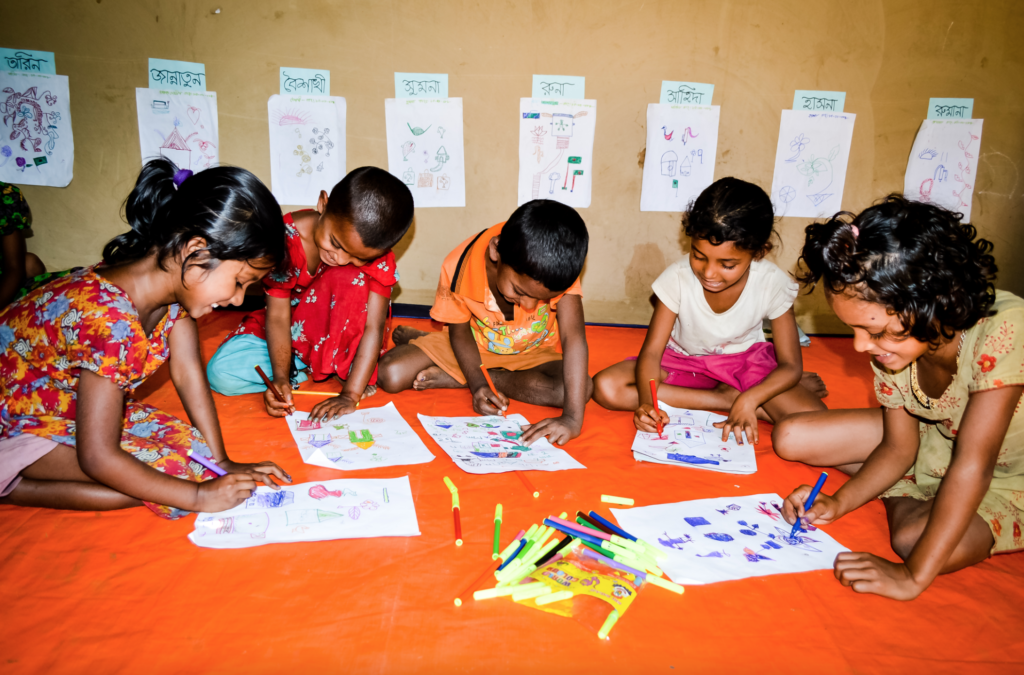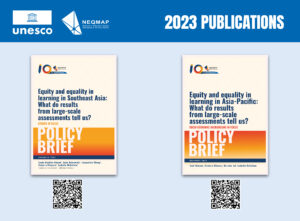Despite the challenges that 2020 has brought to all of us the 2020 NEQMAP Annual Meeting served as an opportunity to share these experiences and how we can move forward. NEQMAP’s 2020 Annual Meeting, ‘Challenges in Monitoring Quality Education in Emergencies’ was held online 9-10 December 2020. Over 60 participants from 27 countries exchanged information on their challenges and achievements in 2020, as well as discussing how the Network can move forward in 2021.
Shift to online and remote learning
Over the two days, members shared their main challenges and responses to the educational disruption in 2020. Many highlighted the challenges and opportunities of shifting to online learning platforms, while others noted the challenge of providing quality learning and holistic education through both cognitive and non-cognitive skills in order to address any learning loss or learning gaps. The shift to online modalities though is both a technical challenge (i.e. access to internet, data services, etc.), as well as a human capability challenge. Many members noted that teachers’ capacity to deliver online teaching has hindered students’ distance learning, primarily due to teachers’ need to obtain new skills to deliver quality content and feedback.
One example of how NEQMAP members are shifting to technology was shared by Nimisha Kapoor from the Annual Status of Education Research (ASER) Centre India. ASER has adapted its citizen-led survey to a phone-based format because of the pandemic. The 2020 survey focused on the provision of access and the engagement of students to different types of remote learning opportunities and indicated that 74.2 percent of all schools surveyed relied on WhatsApp to share learning materials and resources with students or their parents. This significant use of mobile technology was partly due to the pandemic, but most likely to the doubling of smartphone access, from 36.5 percent in 2018 to 61.8 percent in 2020.
Another example of the move to online learning during the pandemic was in Samoa, where the country recognized the opportunity to developing ICT based education and developed multimodal learning strategies by utilizing various online platforms (e.g. Moodle, Zoom) and e-resources (e.g. video clips, podcasts) to provide quality learning. ‘We are grateful for the virus because it helped the engagement of the teachers and students to use online resources,’ Dr Karoline Afamasaga-Fuata’i, Chief Executive Office of Ministry of Education Sport and Culture, Samoa stated.
Finally, members pointed out the challenge that many countries have had in assessing learning during the pandemic. Many countries postponed, rescheduled or shifted to online modes of assessments or examinations. Each of these provided unique challenges, from inadequate curriculum implementation, reliability and validity. In addition, formative assessment became a challenge with many teachers’ unable to gauge the development of students accurately based on the new online/remote realities.
Highlights from NEQMAP 2020 activities
The year provided challenges for NEQMAP to carry out capacity building and research activities. However, NEQMAP itself adapted to the online modality, rolling out its first online course for its members. The NEQMAP-ACER online course on Integrating 21st Century Skills was a 3-week online training, where 17 participant countries in the Asia-Pacific reviewed their existing education systems and recognized how to embed 21st century skills. During the annual meeting, Malaysia shared how they recognized the need to highlight the 4Cs (i.e. creativity, critical thinking, collaboration, communication) and 1V (e.g. values and ethics) across all subjects. In addition, Brunei Darussalam’s shared their future plan to define the 21st century skills and integrate the skills in mathematics and English.
With regard to NEQMAP research and analysis activities, the network had finalised and published a research project, in collaboration with Dr. Esther Sui Chu Ho from the Chinese University of Hong Kong, ‘Large-Scale Learning Assessment in Asia-Pacific: A Mapping of Country Policies and Practices’ to highlight the regional trends in learning assessment systems. And, two Thematic Reviews were also carried out and published, one on large-scale learning assessments (LSLA) and the other on school-based assessments (SBA) to explore how education systems and countries in the Asia-Pacific region responded and monitored the learning outcomes in time of crises and emergencies.
What to look forward to in 2021
The success of the online training course provides an opportunity for NEQMAP to continue its capacity building under the new modality. In addition, the lockdowns and threat of learning loss and learning gaps provides opportunities for NEQMAP to strengthen its research into learning outcomes. One of the big questions that our members were left with at the end of the meeting however was how do we balance both long-term goals (i.e. SDG4-Education 2020) as well as respond to the current and immediate challenges?
As a collaborative network, and part of our vision, NEQMAP is well placed to support our members and countries in Asia-Pacific on both fronts. Over its first 7 years, NEQMAP has hosted an annual in-person meeting for members to come together to share and learn from each other. With the challenges in 2020, this of course was not possible. However, the 2020 annual meeting highlighted the strength of the Network, which is the ability to gather education stakeholders from across the region to share knowledge and to learn from each other. This reinforces the importance that NEQMAP has as a network, and that the connections we have made over the years still enabled us to meaningfully connect during this challenging 2020, and to carry our work forward into 2021.
Written by: NEQMAP Secretariat
The Network on Education Quality Monitoring in the Asia-Pacific (NEQMAP) welcomes and encourages countries in the region to showcase their national practices and experiences in integrating and developing their curriculum and assessment systems for the 21st Century Skills. Should your country or institute wish to engage more with the Network, please do not hesitate to get in touch with the NEQMAP Secretariat at neqmap@unesco.org.








